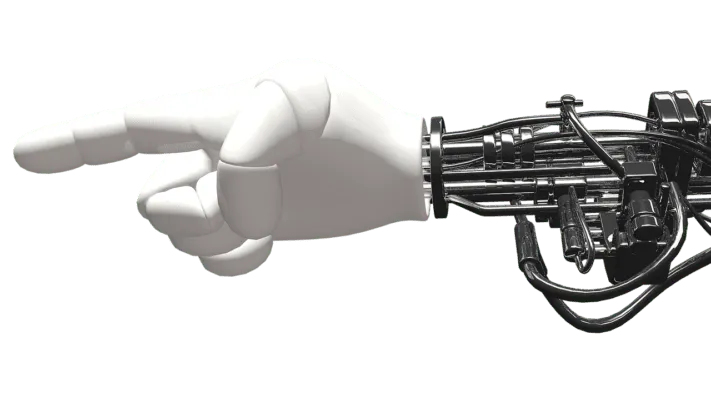5 Reasons Why Robots May Soon Take Over Human Jobs

The world today is on a fast technological lane such that almost everything we see around us are products of technology. This rapid revolution is fueled by huge advancements in information and communication technology. The launch of satellites into orbit and the reception of data from cosmic elements give us more insights into our world and help us solve problems involving health, environment and e-learning. However, the disturbing trend here is that technology has also brought in some drawbacks in our lives. It is obvious that the fortunes brought in by technology has automated industrial production processes, facilitated healthcare delivery, improved teaching and learning and enhanced communication and entertainment; but the fact here is that we may begin to look for other jobs in our factories, industrial complexes, offices and service stations because most of these jobs are likely to be taken over by automation through robots and robotic technology, high speed computers and satellite technology.
Here are 5 reasons why robots may soon take over human jobs
- CEO’s Want More Service and Production Efficiency: The obvious fact here is that efficiency drives better productivity and technologies bring in efficiency where jobs are done, production carried out and services rendered at minimal cost with a high degree of excellence resulting in high quality output. In a harsh business operating environment, no employer of labor would be willing to expend resources in unproductive sectors of a business especially when he knows that the deployment of technology would eliminate waste and shore up revenues. The implication of this is that more computers would be used in offices to perform tasks ordinarily carried out by humans, robots would be used in assembly plants in preference to human labor and cranes would be used in transporting packages, machinery and stored goods in factories instead of engaging human labor.
- The Industrial Psychology of Artificial Intelligence: Industrial production processes are rapidly being automated because the idea of artificial intelligence in running industrial processes is a psychological boost to business owners whose credit worthiness may be evaluated based on the level of automation of their production process that guarantees efficiency. Artificial intelligence is simply the application and execution of human tasks by programmed robots using in-built algorithm. Artificial intelligence would be applied to weather forecasting, production of precision devices and even medical surgical procedures. What this means is that all jobs and intelligent tasks carried out by humans can be reduced to computer programs and algorithm and these tasks performed by robots and computer aided devices and facilities.
- The Propensity to Minimize Industrial and Workplace Conflicts: Employees can run into problems and disagreements with one another during work and this can seriously affect industrial relationships among employees and co-workers. These conflicts may also necessitate more supervisory activities by employers of labor which may add to the over head cost of production or service delivery. But in a situation where majority of the jobs are carried out automatically by machines or robots, conflict situations are minimized and there would be less need for workplace supervision or workplace conflict resolution.
- Business Globalization Demands and Constraints: Global businesses are constrained to adopt technology if they are to remain competitive. Meetings are now held via video conferencing between business partners across several continents. This is the awesome value technology brings. A business wishing to be a big player on the global stage must adopt global technologies even if it would cost jobs. The advent of 5G broadband technology, the launch of more business friendly Windows 10 computer Operating System would further support business automation; and it is very likely that no globally aligned business would want to stay away from such a huge technological boost that would make it remain very competitive in its niche.
- Increasing Industrial Health and Safety Concerns: It is much safer to deploy robots industrial processes that involve the use of harmful substances, chemicals or radioactive elements. Robots can be effectively used in handling such substance in the industry such as the mixing of hazardous chemicals or operating a nuclear reactor. It is a known fact that may ailments such as cancer and brain disorders can be gotten when workers get exposed to industrial elements and chemicals. Thus, the deployment robots and robotic technologies would continue to remain very relevant in such industries.


